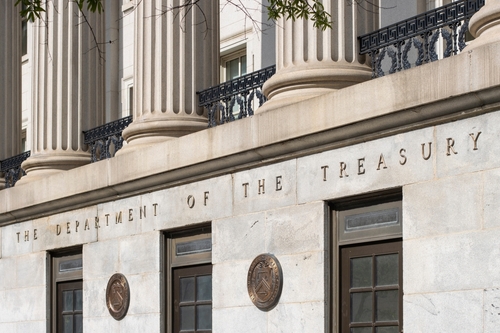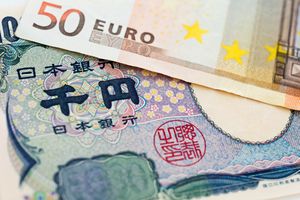RPT-COLUMN-'Coercion' fears include hijacking dollar dominance: Mike Dolan


By Mike Dolan
LONDON, March 31 (Reuters) - There may be a thin line between 'transactional' and 'coercive', but U.S. international economic policies judged to have crossed it could weaken the foundations of the dollar's dominant role in international finance.
Washington has long used its economic and financial heft to wring change out of countries it considers foes, but explicitly threatening its traditional allies is something very new.
As trade and military fissures widen between the United States and its closest neighbors and G7 partners, the word 'coercion' is increasingly being used as reason for war-gaming other potentially extreme pressures from 'Uncle Sam'.
The European Union was prepared for this, as its "Anti-Coercion Instrument" (ACI) came into force just over a year ago. This creates policy bulwarks against countries seeking to use trade as a political tool.
If countries are deemed to be putting economic pressure on EU members to change policies, the ACI allows the EU to limit access to public procurement tenders for the offending nation's companies, restrict protection of intellectual property rights or limit the country's financial service firms' access to EU markets.
It's a tool Europe could potentially use to hit U.S. Big Tech if U.S. President Donald Trump follows through with his sweeping tariffs plans.
"Coercion" is a big word, often reserved for Chinese or Russian policies, but extraordinary when used in interactions between long standing allies.
And yet, here we are. EU President Ursula von der Leyen spoke just last month about being braced for economic "coercion" in relation to U.S. tariff threats.
But this bristling at U.S. pressure could also have ramifications beyond the trade sphere and could ultimately make the world rethink a reliance on ready access to ubiquitous dollars.
Contingency planning appears to be well underway as leaders consider just how far the Trump administration will go.
European Central Bank chief economist Philip Lane last week said Europe's dependence on U.S.-based payment providers leaves it open to "economic pressure and coercion", weakening its autonomy and upping the case for a digital euro.
More pointedly, European central banking and supervisory officials told Reuters that many now question whether they can still rely on the Federal Reserve to provide dollar funding in times of market stress.
'NUCLEAR BUTTON'
Contingency planning is of course just that. It's the job of supervisors to be prepared for all conceivable outcomes.
But it is remarkable that it's even considered conceivable an ostensibly independent Fed could be pressured to forgo its role as 'lender of last resort' of dollars to the rest of the world.
As financial markets and investors are contingency planners by nature, coercion talk has forced some strategists to examine the impact this could have on the enormous volume of dollar-denominated financial transactions that occur around the planet every day. Deutsche Bank's George Saravelos dubbing it "a nuclear button for the dollar".
Saravelos dwells on the overwhelming use of the dollar in the currency swaps and forwards market, where the Bank for International Settlements data shows the dollar on one side of 88% of the almost $100 trillion in swap and forward payment obligations globally.
He notes that this market is the simplest way for non-U.S. firms use to source dollars for imports or U.S. investments. But these are short-term contracts rolled over continuously to fund longer-term assets, creating the potential for maturity mismatches that could cause massive ructions if there is suddenly a shortage of dollars worldwide.
To counter global financial stability risks, the Fed has over the past 20 years opened up emergency dollar swap lines with several central banks. While rarely used, these lines are seen as a critical backstop during times of financial stress.
The very idea that this Fed safety net could be used as a bargaining chip has potentially seismic implications.
For one, it could make dollars seem scarcer on the margin and even bolster the exchange rate in the short term. But the long-term cost to America could be that foreigners rethink their exposure to U.S. assets.
While scenario-testing is understandable, it comes down to one central question: could the Fed ever be used in such a political way.
Much has been written about how the central bank can insulate itself from government control.
And yet antagonism between Trump and the Fed and federal agencies in general is well known. Trump's decision this month to fire two commissioners at the Federal Trade Commission raises concerns about whether something similar could happen at the Fed.
"In our view, similar actions taken against Fed Governors could undercut central bank independence and credibility," said Stifel's Washington strategist Brian Gardner.
Economic coercion domestically and abroad takes many forms of course and is often in the eye of the beholder. But few taboos have been left unbroken this year and it's not hard to see why "worse case" planning is in full swing.
The opinions expressed here are those of the author, a columnist for Reuters







